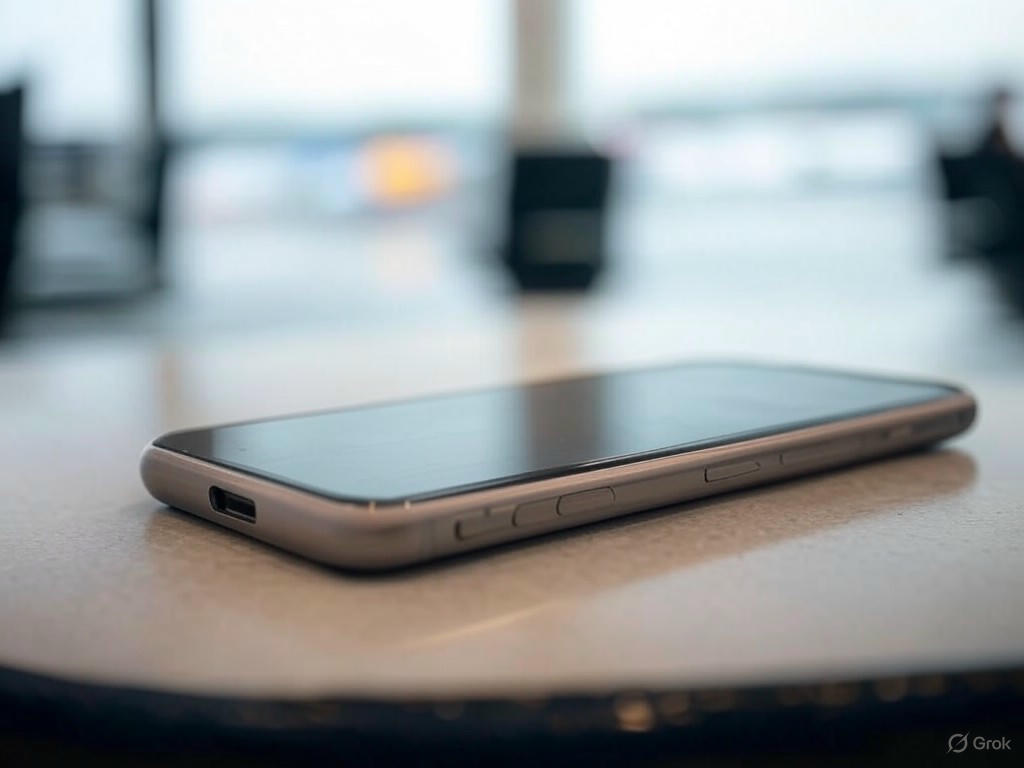TSA Issues Ban on Specific Cell Phone Model Across US Flights
In a surprising move that has sent ripples through the travel and tech industries, the Transportation Security Administration (TSA) has announced a nationwide ban on a particular cell phone model from being carried on any US flights. This decision, effective immediately as of June 22, 2025, has raised eyebrows among frequent flyers and tech enthusiasts alike, sparking debates about safety, privacy, and the future of travel regulations. While the specific model has not been disclosed in initial reports, the TSA’s firm stance underscores a growing concern over potential security risks associated with certain electronic devices.
The ban comes at a time when air travel is already navigating a complex landscape of heightened security measures and technological advancements. According to TSA officials, the decision was made after extensive evaluation and in response to credible intelligence suggesting that the unidentified cell phone model could pose a significant threat if brought on board. Speculations are rife that the device in question may have vulnerabilities that could be exploited, potentially endangering passengers and crew. This isn’t the first time the TSA has imposed restrictions on electronics—past bans on laptops and other gadgets in carry-on luggage for specific routes have set a precedent for such measures. However, a complete ban on a specific phone model across all US flights marks a new level of stringency.
For travelers, this news means an added layer of scrutiny at airport checkpoints. Those found carrying the banned device risk confiscation and potential fines, not to mention the inconvenience of delayed travel plans. Airlines have been instructed to inform passengers about the restriction through pre-flight notifications and signage at check-in counters. Meanwhile, tech companies are on edge, with industry analysts predicting that the ban could impact consumer trust and sales of the affected model, even if its identity remains under wraps for now. Some experts suggest that manufacturers may need to ramp up efforts to address security flaws in their products to prevent similar bans in the future. The ripple effect could also push regulators to impose stricter guidelines on the design and testing of mobile devices.
As this story unfolds, questions linger about how long the ban will remain in place and whether other devices might face similar restrictions. The TSA has promised to provide updates as the situation evolves, urging travelers to stay informed through official channels. For now, passengers are advised to double-check their belongings before heading to the airport and consider alternative devices if there’s any doubt about compliance. This incident serves as a stark reminder of the delicate balance between technological innovation and public safety in an increasingly connected world. As air travel continues to adapt to emerging threats, one thing is clear: the skies are becoming a stricter domain, and even the smallest gadget in your pocket could come under scrutiny.


